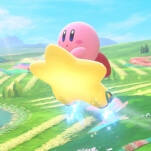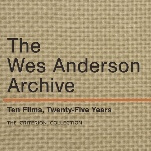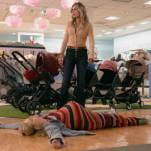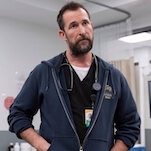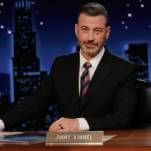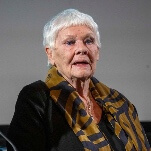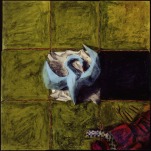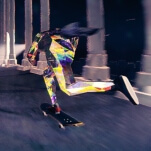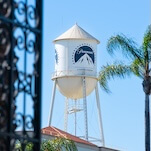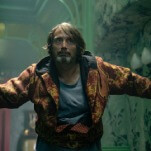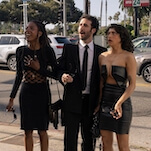Age takes everyone to the same place in Jim Jarmusch's tepid Father Mother Sister Brother
Jarmusch finds resonant motifs in his three-part anthology about families growing old, but it's too stiff to ever truly be emotional.
Photo: Mubi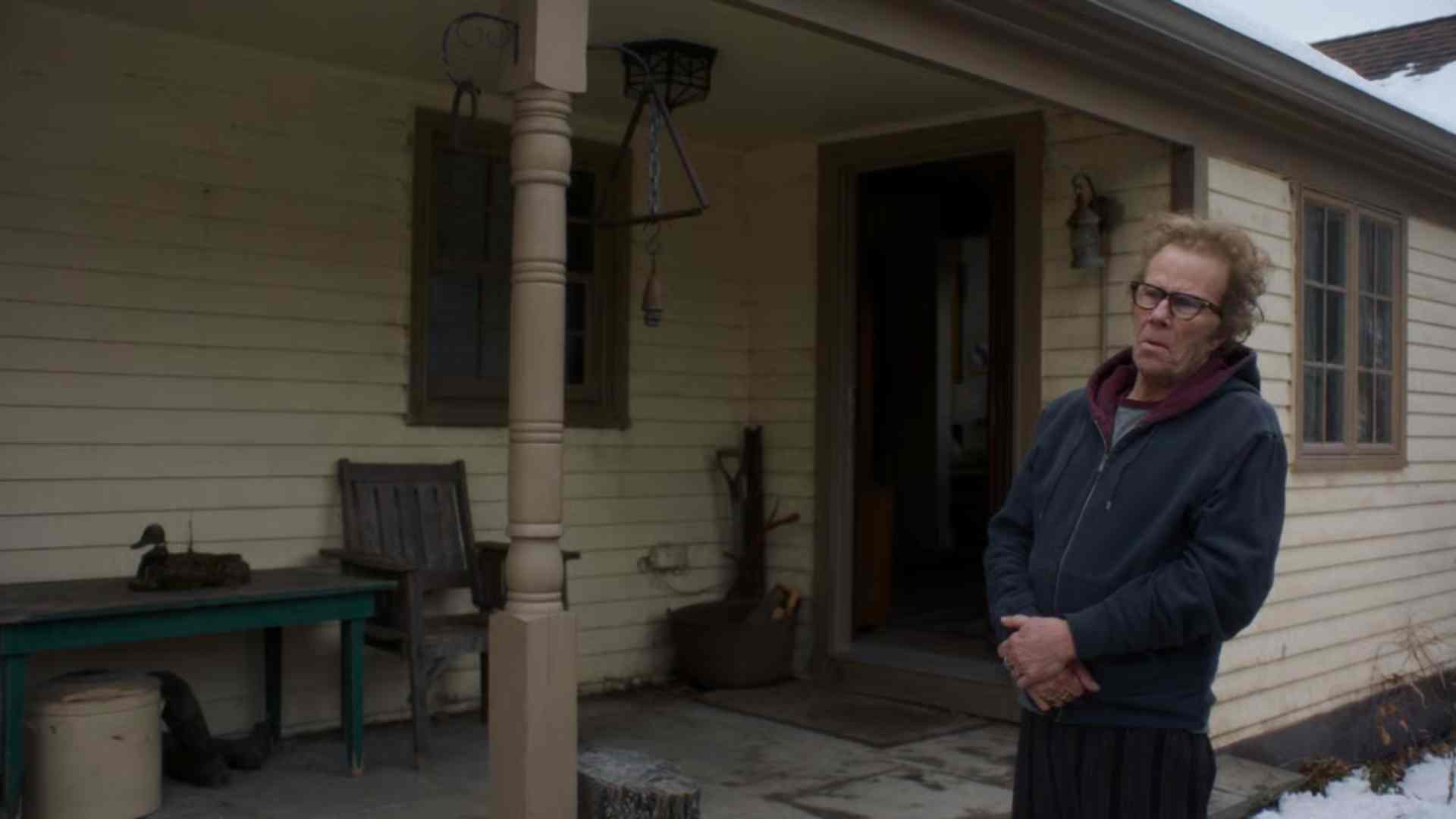
Despite what the title may imply, Jim Jarmusch’s Father Mother Sister Brother is an anthology film broken into three chapters. The first story centers on a father, the second on a mother, and the third on the absence of both and its effect on the two adult children they’ve left behind. A decade since Paterson, Jarmusch has comfortably embraced a stilted late style full of questionable dialogue and visible loose ends: laughably obvious green-screen backgrounds; the idea that the Luxembourgish-German Vicky Krieps is actually a native Brit who just lived in Brussels for too long. But the minimalist, searching humanism that has defined the director’s work since Permanent Vacation cannot be wrenched from his filmmaking ethos with age. Jarmusch’s characters are still driving, still going somewhere, still looking for something.
It begins in America with Father (a muttering Tom Waits) preparing for the imminent arrival of his two children by curiously covering up his spotless designer couch. Emily (Mayim Bialik) and Jeff (Adam Driver) drive together on the winding woodland road to visit the father they haven’t seen in two years, who is constantly beset by money troubles that Jeff is always more than willing to bail him out of. This is much to the displeasure of the uptight Emily, an annoying character whose portrayal by Bialik would be even more grating if it didn’t also feel apt. (Jarmusch is possibly the only person who was sad when she was booted as host from Jeopardy. But what does he think of The Big Bang Theory?)
Next up, Mother (a poised Charlotte Rampling) is a posh Brit waiting on teatime with her daughters, Timothea “Tim” (Cate Blanchett) and Lilith (Vicky Krieps). It’s the only time she sees her daughters all year despite them both moving to Dublin to be closer to her, and like Emily and Jeff, there is a cold schism between the three that feels at odds with the love they otherwise profess to their parents.
Jarmusch playfully reuses dialogue, imagery, and plot points in recurring motifs: an overheard shot of cups filled with tea; the toasting of water glasses and the questioning if it’s bad luck; accidental outfit coordination; and the British idiom “Bob’s your uncle.” The first two chapters are the most thematically similar, with two sets of siblings traveling to spend time with a parent that they don’t visit with any regularity, the overt unwillingness from both offspring to go, the awkwardness of somehow struggling to find conversation with a person who has known you from the moment of birth. The most compelling parts of the first two chapters are the horrifically uneasy pauses that fill up the room, tense moments of silence where none of the parties know what to say. Waits is the clear standout of Father Mother Sister Brother, playing up the fragility of his 75 years, tapping into the type of elderly rambling that so perfectly concerns his offspring.


















